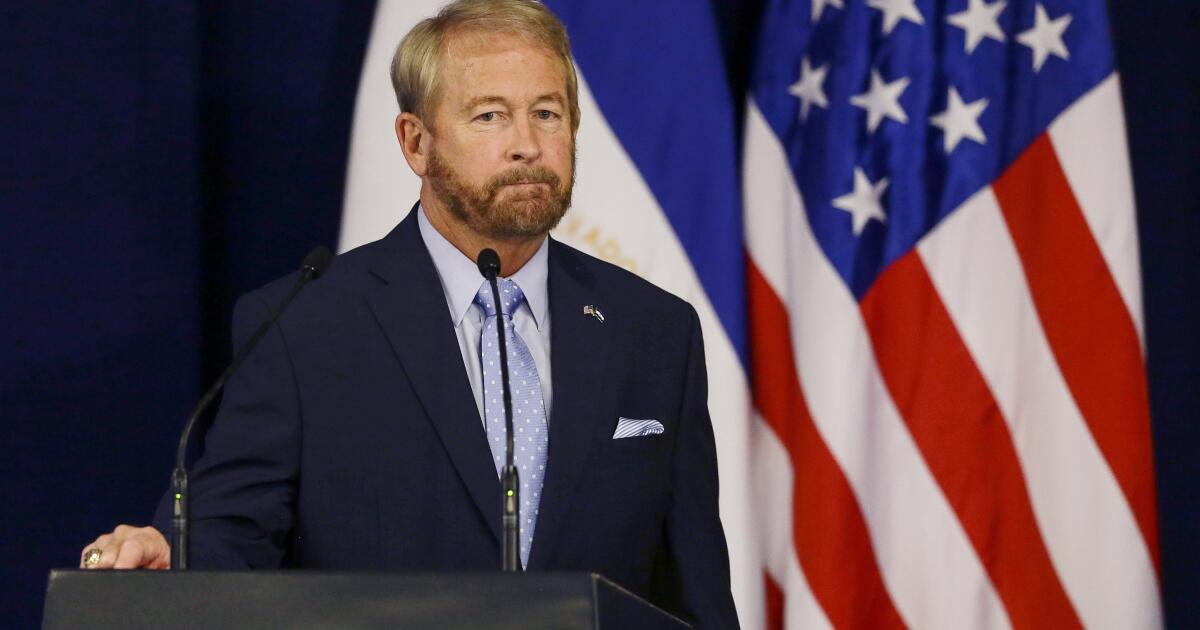In the wake of NBC’s Ronna McDaniel debacle, “mainstream” media reporters have begun to argue that partisan pundits aren’t useful any more. We can’t ignore that this is a very useful spin if you want to prevent any more paid Republican contributors in this election cycle.
In The New York Times, reporter James Poniewozik set the tone:
Can you really rely on well-connected partisans to give you unvarnished analysis about their once and perhaps future colleagues? Would viewers be better served by news networks’ seeking out a wide range of voices than hearing predictable takes from regular panelists? Isn’t it better to leave the reputation-laundering to Dancing With the Stars?
That show had a link to Poniewozik insisting Trump press secretary Sean Spicer shouldn’t be allowed to “tap dance out of infamy.”
NPR media reporter David Folkenflik noted NBC executive Cesar insisted they would “redouble our efforts to seek voices that represent different parts of the political spectrum.”(We won’t hold our breath.)
Folkenflik threw cold water on paid GOP pundits: “There are more than 330 million Americans and thousands of political professionals. Why pay for the right to interview them? Does anyone think Newt Gingrich will boycott television appearances if he’s not paid?”
We would think unpaid contributors would be freer to speak their mind, but everyone appearing on a “mainstream” network run by Democrats fears they’ll never be invited again if they’re too, well, free-spirited in their dissent.
The fullest argument against paid partisan punditry came from Associated Press media reporter David Bauder, whose headline wondered: “Network political contributors have a long history. But are they more trouble than they’re worth?”
Bauder turned to several leftist experts to underline the new thesis. Mark Lukasiewicz, a former NBC executive who is now dean of Hofstra University’s communications school, argued you cannot challenge the credibility of leftist media on leftist media. That’s somehow advocating for that network ….not to exist?
“Journalists in a lot of newsrooms are starting to think more about the stakes, thinking about the costs of delivering a large audience and a platform to someone who doesn’t fundamentally believe in a system that allows that platform to exist,” Lukasiewicz said. “I think there is a higher bar for somebody who is on the payroll of a journalistic institution, rather than just somebody you interview.”
Bauder also turned to radical Jay Rosen, who explicitly argued the Republicans are the antonym of “public service.”
“To remain itself, the MAGA movement has to practice election denial, minimize the events of Jan. 6, and treat the news media as a hate object for pointing this out,” said Jay Rosen, a New York University professor and author of the Pressthink blog. “Extending the hand of welcome is just too costly for a self-respecting newsroom with a public service charter, as NBC learned this week.”
Networks should retire this category of contributors and switch to a system relying on their own journalists and vetted, unpaid experts, he said.
“Vetted experts” is code for “Republicans who we don’t hate,” which means “Michael Steele Republicans.”




















